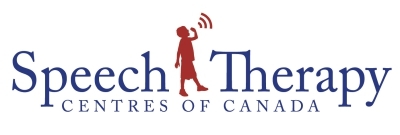Children generally begin to show early phonological awareness when they demonstrate an appreciation of rhyme. For children as young as 4 years old, focusing on rhyme is a good starting place.
Rhyming activities you can do at home:
Sing fun rhyming songs together, such as
Emphasize the rhyming words by saying them slightly louder and longer. Tell your child that these words rhyme and that they sound the same at the end! After your child is familiar with this song, pause and wait for them to fill in the rhyming word (e.g. Life is but a _________).
Read rhyming books together (e.g. Dr. Suess books) and work together to pick out rhyming words. Make a list of all the rhyming words you can find using markers, crayons or chalk. Ask your child to think of another word that rhymes with those on your list (e.g. “fun, run, sun…can you think of another rhyming word?)
While singing songs or reading books together with rhyming words, pause and ask your child questions such as, “Do “hat” and “cat” rhyme?”, or “Do “dog” and “cat” rhyme?” to encourage rhyme identification. Your child can give a thumbs-up for yes and a thumbs- down for no. Once your child is able to do this with two words, say three words aloud and ask them to tell you which word doesn’t belong.
Make up “silly sentences” while riding in the car or shopping together using rhyming words. Begin a sentence and have your child try to fill in the end using a word that rhymes. For example, you could say, “the bunny is…” and your child can respond, “funny!”
Be creative and have fun!
Written by: Emily Dykstra, Speech-Language Pathologist, The Speech Therapy Centres of Canada Ltd

